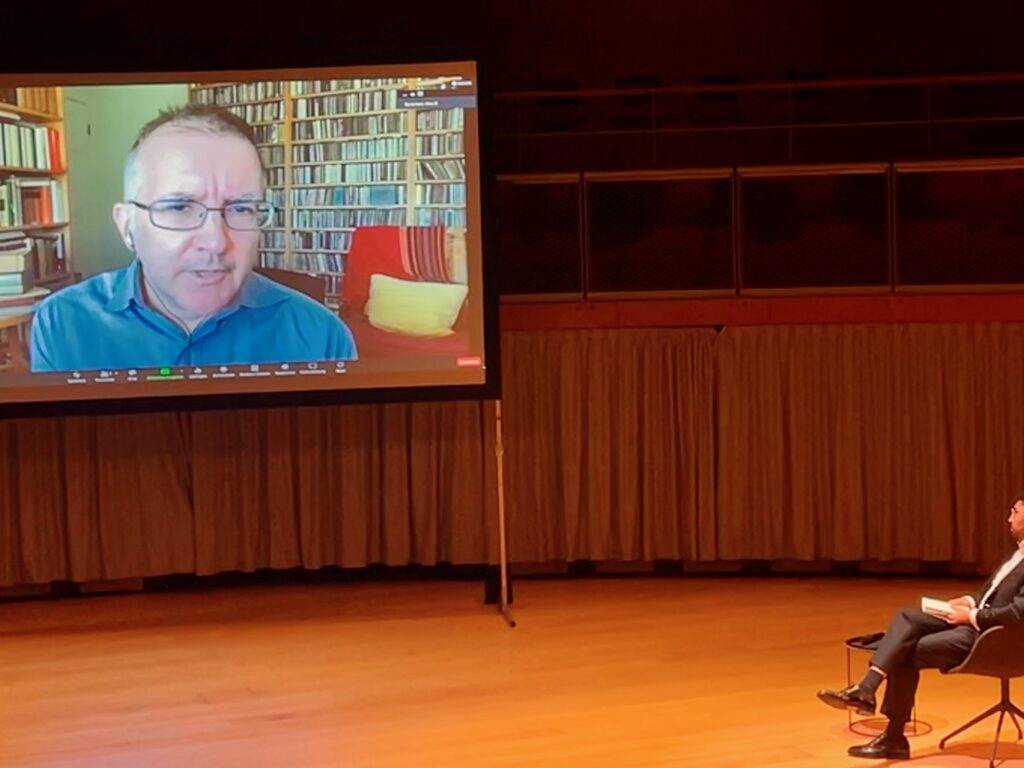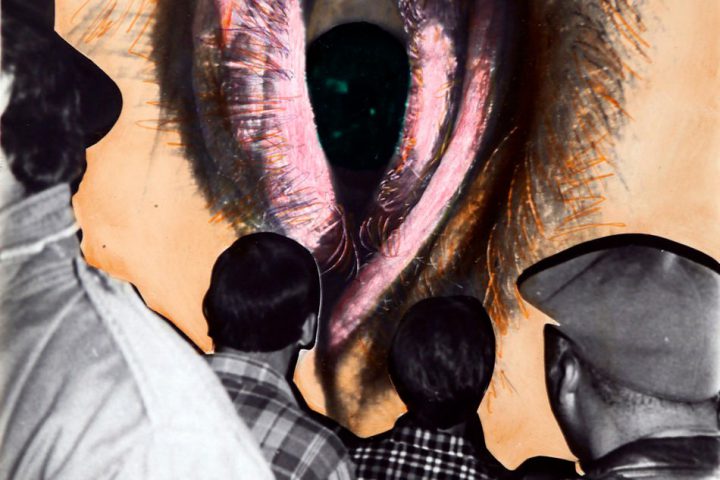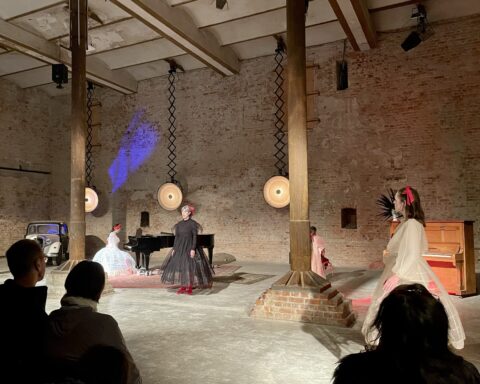So as I write this, I’m sitting in the Pierre Boulez Saal for a lecture with Alex Ross. The original plan – and what was attractive to me about attending – was to attend a lecture that would be presented in person. Alas, alack, we are not yet free of the effects of COVID. So, in the end, it’s a bit of time travel: Alex recorded his lecture yesterday in sunny California from what appears to be his well-stocked personal library of books and music. We sit and listen, on this the next day in a sunny but colder Berlin.
To be honest, neither the subject of the lecture nor the lecturer himself were the point. Were either Wagner or Alex Ross to be presented by photos alongside the titles of their most famous works, I could identify neither. But I appreciated that Karen invited me to join her for this odd insight on the weird clashes between our identities and our passions.
Cultural Wagnerism, the assertion of Ross’s latest book, centers the German opera composer Wagner to examine how those who are “othered” by the architects and proponents of the status quo nevertheless have a strong affinity to the creators and cultural artifacts of the same. Why do we “others” desperately want to find ourselves in the works of those who other us? Is it the sell-out? The buy-in? The write-off of our own whatevers as less than?

In his lecture, Ross references a philosopher (this Howard Thurman?) who writes of black dismantlings … I’ll have to look it up to better understand, but, from Ross, I gather that it is terminology to describe how we (others) take what we want of their things and make of them what is useful and good for us.
Alex gives considerable room in his lecture to the part that self-hate has in all of this, rooting his argument in the studies done on Jewish internalizing of anti-Semitism, citing as example the Jews who supported and promoted Wagner (for example, Mahler, who, yep, I will look up because, nope, I don’t know him either).
Laugh if you will, but there’s no point in me posturing about what I simply do not know.
Ross talks about backshadowing, another new term to me but linked here now for reference. As I understand from the lecture, it is a term about the caution of rooting analysis of pre-Holocaust Jewish attitudes and actions in a post-Holocaust understanding of Jewish identity, thought, and action. Wagner is a cultural icon of Nazi Germany – something, Ross notes, that cannot be ignored as a dominant frame but which must also be critiqued as a post-war frame.
Alex doesn’t show Cultural Wagnerism in just the Jewish story. W.E.B. DuBois was a Wagner fan and, as Alex notes, had unusual and sometimes problematic perspectives on Germany. This owes, in no small part, to the acknowledgement and freedom of movement that DuBois enjoyed in Germany compared to the U.S. For example, there was no segregated seating when DuBois traveled in Germany. Alex notes, however, one incident that DuBois recounts in which he was asked to move from his seat to accommodate the discomfort of white guests seated next to him at a concert hall. (I will look that up and link.)
I lean forward to look around the sparsely attended hall. I am one of two visibly black persons of the five people of color that I can see, one of whom is the moderator. One of them is the facilitator. I sit back, continue with my notes, and look forward to reading this journal entry again once I’ve had time to google for clues on what this all means.
Alex Ross is a music critic at the New Yorker and the author of Wagnerism: Art and Politics in the Shadow of Music.









